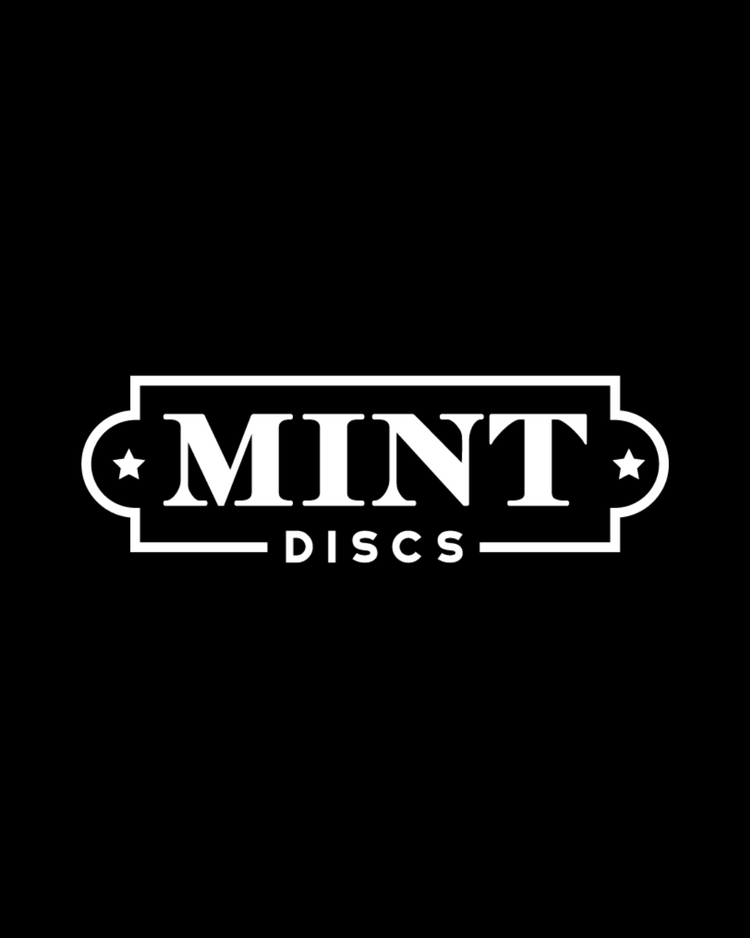Ok, time to talk like an old fart who think he's the smartest guy in the room.
Some have called this my ego lately. Some tell me I don't need to respond to stuff like this.
However this blog is also where I leave some of my commentary on this sport.
I can get it out of my system and move on this way.
So let's talk foot faults....
It's been a hot topic since Kristin Lätt was called for one at Champions Cup by a course Marshal.
By and large, we don't see the Marshal’s making calls like this on camera. It is very rare.
So why aren't Marshal’s more active then?
For the most part(and this my interpretation here) it feels like their general policy is to not be seen or heard from unless they need to be. They don't want the Marshals to be on camera as if they were the 5th Beatle. They are not like NBA or NFL officials that are asked to make calls on every possession.
My understanding(and I could be very wrong) is that the Marshal’s are there with the lead card to handle situations that slow down pace of play. When the camera is on the card, it just makes sense to ensure an official is near by to speed things up and make the right call.
Every card is also supposed to be player managed first.
Every card also has access to Marshals that roam the course. They know how to contact the course officials. The have a Starting and Scoring tent to appeal issues at.
The PDGA wants to keep that expectation as equal as possible across all cards.
The players have to pass an officials test. The players have to know the rules. They players have to call the violations that they are supposed to call.
Right now players aren't calling the foot faults and time violations. It's enough of a problem in 2025 that the PDGA even allows TD's to now hold the entire card responsible(Rule 3.03.B) for failing to uphold the agreed upon rules and standards.
If a player violates the above standard, the Tournament Director may opt, in their sole discretion, to issue a tournament warning for a first offense (except as specified in 3.03.C). A tournament warning is a type of warning whose effects persist through all rounds and sudden-death play. Otherwise, the Tournament Director will immediately disqualify the player. Actions that violate this standard include, but are not limited to:
...
Overt failure or refusal to enforce the rules of disc golf during competition (see 801.02.B, Enforcement).
...
Aside from the new rule in 2025 that allows "certified spotters" for specific holes, the players are out there making 99% of the calls.
The expectation in the rule book is clear that the players must make these calls.
At the same time, if I do see a rules violation as an official, I have to go address it.
Typically as a TD most of the violations I deal with are related to a lack of education on the rules. I am mainly dealing with Amateur players who just don't know better yet. They aren't required to pass the officials test yet.
They haven't had the chance to make these rules mistakes and learn the right way to play.
A touring professional for the most part should have a higher level of burden. They should know the rules backwards and forwards. They have to pass the officials test after all.
They should expect their peers to know how to follow them at the highest level.
As an example I'll see a player do things like:
- Using a mini marker that is too small
- failing to permanently mark their disc
- Or my favorite one...they put chalk on their disc and don't clean it off.
So I typically choose the path of education first when it’s an option, and then I’ll tell them that next time I have to penalize them for it.
When you look back at the foot fault with Kristin, if her card had come up to the Marshall and all decided she kicked the disc, he would have had to agree and call it a foot fault.
In this case, it appears that he saw it himself instead. So he had to act.
If I see someone drinking a beer during the round, I have to address it.
If someone reports that a player is using unmarked discs, I have to address it.
The wet conditions didn't matter either. There are ways to minimize contact with the lie.
The Marshal did his job.
The players are the ones failing to self police and that is why Sunday's moment was so shocking for all the fans at home.
We should not be afraid to ask the players to do their job.
They all agreed to those standards when they took the officials test.
They need to be better in how they represent the sport.
(I do not work for nor am I trying to defend the officials with this event or that work for the PDGA and DGPT. This is just how I view the situation and is my general thoughts on what I see is the real issue the sport needs to address. Right now we can't afford an official with every card. The players know that, and it feels like they negligently abuse that freedom whether they choose to admit it or not).



This might be the only opposite side of the coin take I’ve seen and I really like the thought. As a player I have never called a penalty and playing MA4 and not MA3 (and occasionally up) it would have to be rather over for me to make a call.
Like an unmarked disc – “hey, you need to ink your disc.” Do I expect them to grab a Sharpie ASAP, no.
So I agree on education when able and call if it continues.
I think with this call it’s hard because it was literally one frame of the camera and then the marshal said something to the effect he couldn’t see when the disc left her hand and the foot at the same time. How do you know it’s a foot fault if you don’t see both? That’s why calling people on jump putts is near impossible. Maybe I’m right, could I be wrong?!? By one frame the marshal was right. What if it were a frame the other way and he was wrong?
I do agree though after watching videos others have posted of how many foot faults occurred on that lead card that round and none of them got called that players need to start governing their sport, or every card needs a marshal (which I know financially isn’t feasible currently… even the PGA doesn’t do that). Drew Gibson kind of touched on it especially because they had a player taking forever on the putts. He acknowledged it was happening, but they never called him for a stroke. Would’ve been wild if the TD penalized the entire card on that but maybe that’s what is needed?!?
I like the discussions and learning. Nice to hear your perspective!!
If an NBA player was wide open and was shooting a 3, but their foot was on the line, and they make it, should we say “they meant to shoot a 3, no competitive advantage, give them 3 points?”
Absolutely not. That doesn’t fly in self-officiated pickup basketball, let alone professional.
Golf players are required and have a culture of calling rules violations, even on themselves.We should have the same, at all levels, but especially on the DGPT. The fact that I (try) to follow the rules and others don’t could be a multi stroke difference per round.
Violations happen, penalties are there to handle it. If you don’t want to risk a foot fault, stand still. Your choice. Disc golf must have the fewest penalties called per action of any sport.